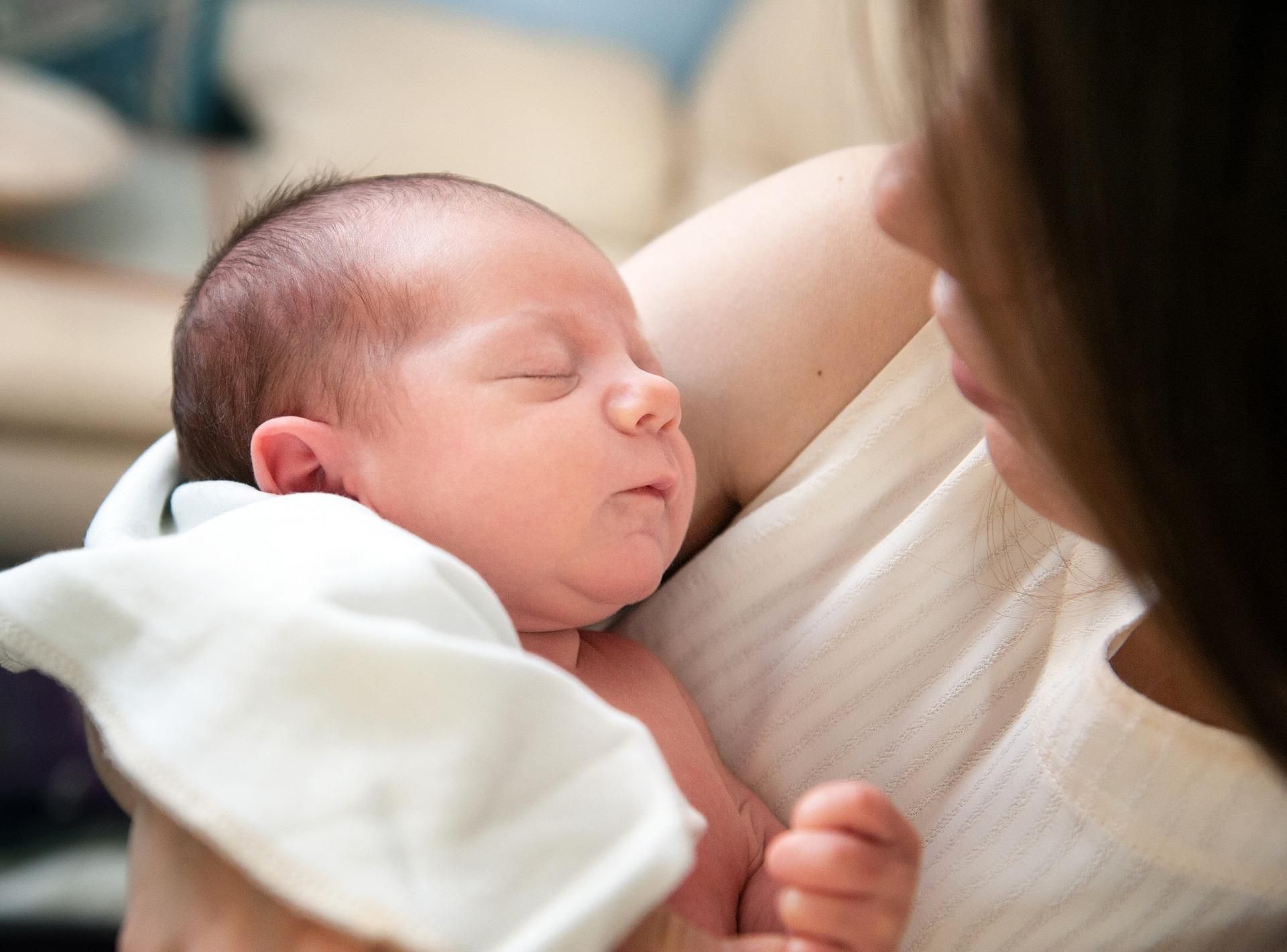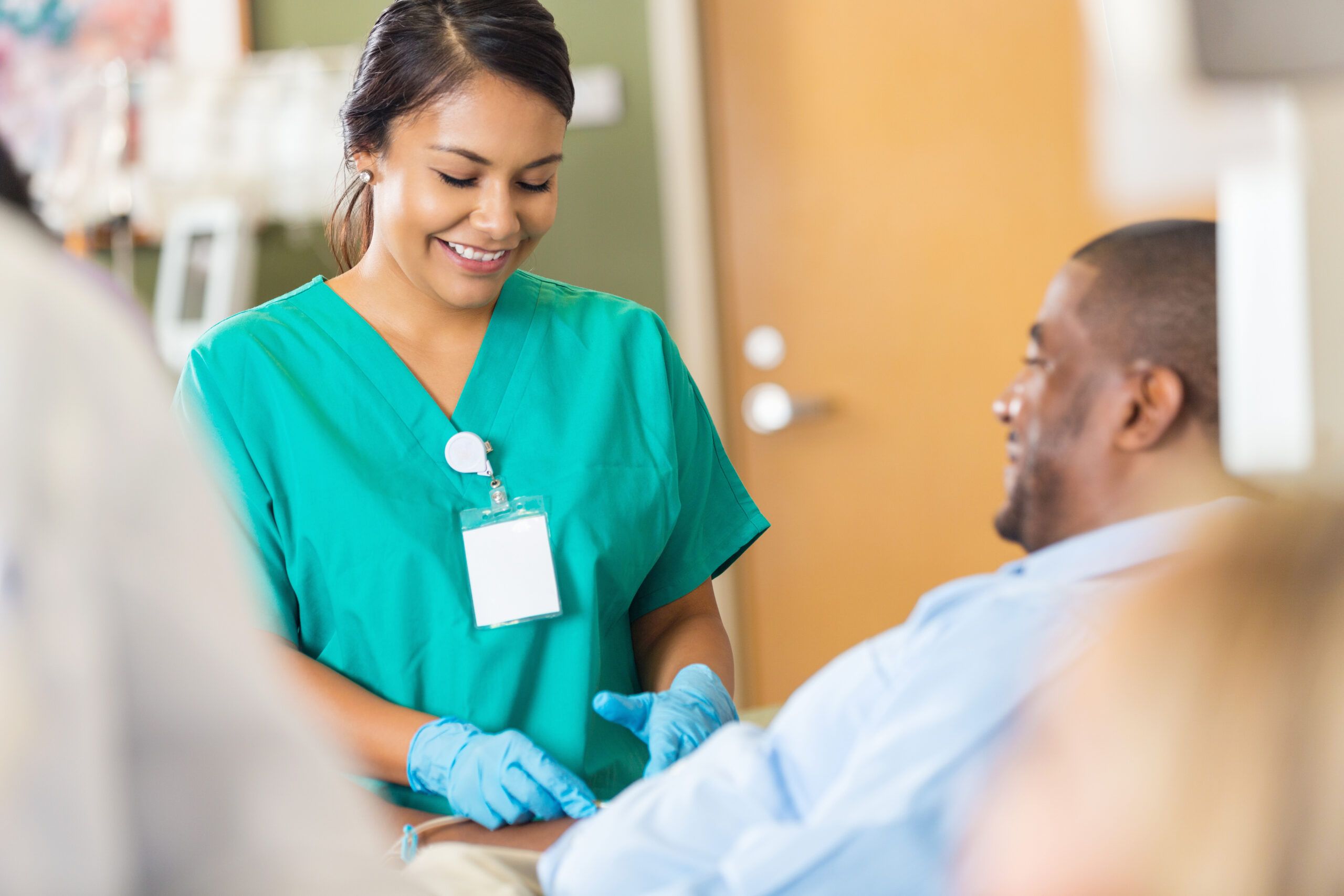BHP’s health inequality lead set to head up NIHR Challenge Maternal Disparities Consortium
Professor Joht Singh Chandan – BHP’s heath inequalities lead and Clinical Professor of Public Health at the University of Birmingham – has been announced as co-lead of a new consortium which will research inequalities faced by expectant and new mothers.
The new NIHR Challenge Maternity Disparities Consortium is led by nine UK universities, all aiming to tackle inequalities in maternity care while building capacity for further research to help improve services over time. The consortium will help support professionals who plan and deliver services for women and babies across both health and social care.
Professor Chandan said: “I am honoured to take on the role of co-lead for the NIHR Maternity Disparities Consortium. Tackling inequalities in maternity care is a critical priority, and this consortium brings together a wealth of expertise to drive meaningful change.
“Our goal is to address disparities before, during, and after pregnancy by focusing on research that leads to real improvements in care for families and their babies across the UK. I am particularly looking forward to learning from and working alongside the communities most affected by these inequalities, ensuring that their insights shape our work and lead to lasting, impactful solutions.”
Professor Chandan will be joined by co-lead Dr Victoria Hodgetts Morton from the University of Birmingham, Dr Beck Taylor from Warwick University, Professor Will Parry-Smith from Keele University and Dr Marion Gibbon from Birmingham City Council.
Professor William Parry-Smith, Professor of Obstetrics and Gynaecology at Keele University, said: “I’m pleased to be leading Keele’s contribution to this nationally important work. Research and capacity building undertaken by the consortium will tackle the problem of maternity disparities. We have the opportunity in the West Midlands to understand and to then make a real difference crucially to improving maternity outcomes.”
Dr Beck Taylor, Clinical Associate Professor in Public Health, University of Warwick said: “This new consortium is an unparalleled opportunity to tackle the persistent maternity inequalities affecting life chances across the UK. These unacceptable differences are felt particularly by communities in our own region, the West Midlands. This consortium the first of its kind, and we cannot wait to get started on this programme. As part of the consortium we’ll bring together the communities, professionals and researchers to drive the change that women, babies and society urgently needs.”
Professor Marian Knight, Scientific Director for NIHR Infrastructure, said: “We are delighted by the level of engagement shown by researchers with this important research priority. I am confident we have an exceptional consortium to tackle the challenge of maternity inequalities; working in partnership with existing NIHR funded infrastructure and programmes. We look forward to working with the consortium and their collaborators across the UK to develop the final plans for their ground-breaking new research projects over the next few months.”
Health Minister Baroness Gillian Merron said: “Every woman should receive safe, personalised and compassionate maternity care, regardless of background. We are determined to tackle the stark and unacceptable inequalities in maternity services and are working with NHS England to urgently improve care. Government-funded research like this is crucial to driving positive change.
“This is part of our mission to build an NHS fit for the future by harnessing the full potential of our research and life sciences sector.”






